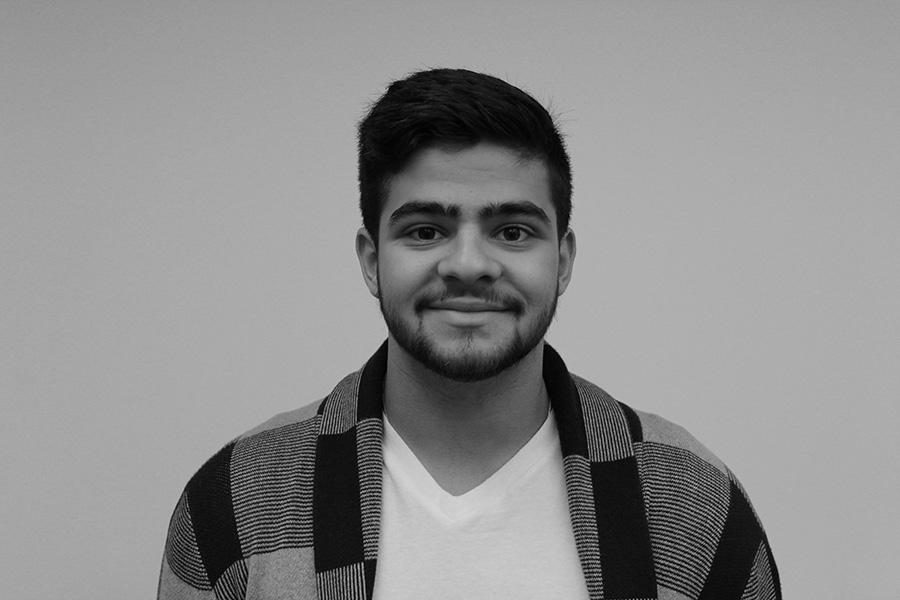American apathy to shootings disgraceful
November 7, 2014
A freshman at Marysville-Pilchuck High School in Washington state fired six rounds at his fellow students in the school cafeteria on Oct. 24. By the end of the rampage, one student was killed; four others were sent to hospitals in critical condition and the shooter had committed suicide. National news stations gave the incident extensive coverage for a few days.
The American collective, however, hardly flinched. While this shooting was not as fatal as the infamous 2012 Sandy Hook shooting, it was not the first to go unacknowledged by many Americans. In addition to the one at Marysville-Pilchuck, there have been 87 school shootings in the United States since Sandy Hook. Twenty-three of the shootings resulted in one or more fatalities. Unfortunately, very few of these incidents received the acknowledgment they deserved from the media. This can be attributed to Americans’ apathetic attitude toward school shootings in recent years.
While the communities in which these shootings occur are shaken to the core and rarely escape the situation unaltered, the overall American populace has become too familiar with these shootings. Jon Stewart came to a chilling conclusion on his show after the Santa Barbara shooting: the U.S. media and public seem to have collectively decided that mass murder had become so commonplace in American society that it was beyond elimination and could only be ignored. Shortly after the Oct. 22 shooting in Canada, Chrissy Teigen wrote on her Twitter, “active shooting in Canada, or as we call it in america, wednesday.” Her post gives the same essential message as Stewart’s, which is that shootings have become a constant part of the American life to the point where the collective public sees little point in drawing further attention to the issue.
Along with the U.S. public, politicians in both the House and Senate have failed to change current policies concerning gun control despite the recurring nature of these incidents. For instance, President Barack Obama proposed several policies concerning gun control in response to the Sandy Hook tragedy. Despite these propositions, no new federal policies have been created in response. The mentality that lawmakers and the media possess is insensitive to those in the American public that seek justice for their murdered loved ones. It is also dangerous in the sense that they imply a refusal to alter a system that has failed.
Licensing and background check policies have proven to be rather lenient considering recent events. The federal government does not require licenses to own or purchase a gun, with policies only becoming slightly stricter within specific states. More disconcerting is the fact that private gun salespeople, whether online or in-person, are not required to perform background checks before selling firearms to customers, despite the fact that they are responsible for 40 percent of firearms sales. This policy has resulted in firearms ending up in the hands of many dangerous people, and this will continue until the policy is altered.
A Wisconsin man killed three people and injured four at a spa in 2012 with a gun he had bought through a private online salesman. While current restrictions seem to cover all the bases, there are holes present. They do not account for people who have yet to be brought into mental institutions, or even people who voluntarily entered a mental facility. They also does not count people who have been charged of crimes that are not considered overtly violent.
The U.S. public and media must recover from its indifference to mass shootings. Greater discussions — cultural, societal and political — are required to heal the situation. When American legislators refuse to change these flawed firearms policies and procedures, they are not only proving themselves to be apathetic to the suffering of a nation, but also becoming a danger to the society that has suffered for too long.
Email Ryan Najjar at [email protected].
























































































































































